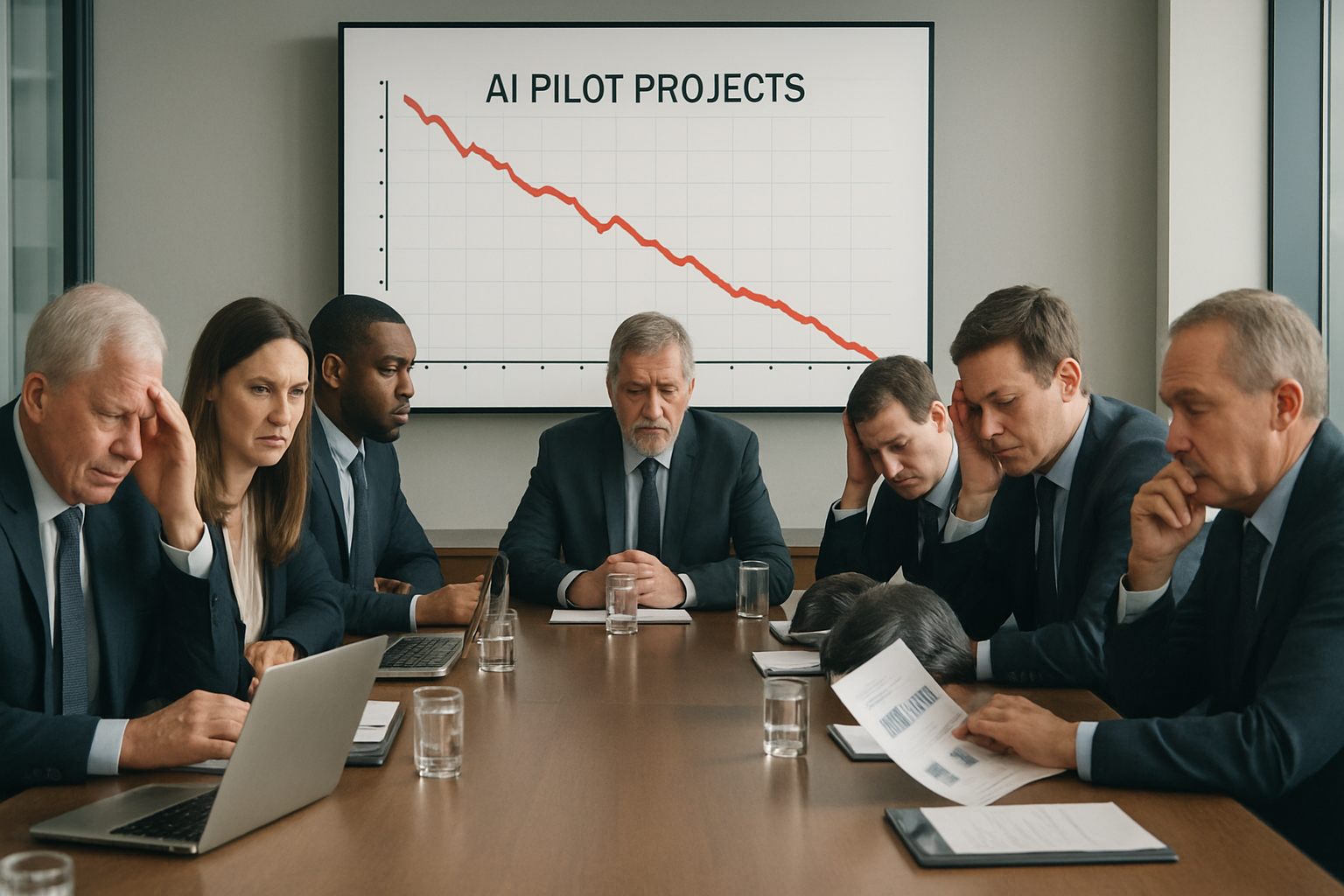The Trump administration just blinked in its trade standoff with Europe. Or did it?
When Donald Trump announced he'd delay his threatened 50% tariffs on European goods from June 1 to July 9, you could practically hear champagne corks popping in Brussels. The EU's chief trade negotiator, Maros Sefcovic, quickly labeled recent calls with U.S. officials as "good" — diplomatic-speak for "they're finally listening to us."
But let's be real. This isn't a breakthrough. It's deadline diplomacy at its finest.
I've covered international trade disputes since the Obama administration, and the pattern is painfully familiar: Make dramatic threats, set arbitrary deadlines, conduct "productive" phone calls, then — surprise! — extend the deadline while claiming substantial progress. Wash, rinse, repeat.
What's actually at stake here? Only about $1.8 trillion in annual EU-US trade. No big deal, right? (That was sarcasm, folks.) We're talking about the economic foundation supporting countless businesses and millions of jobs on both sides of the Atlantic.
The theatrics are almost comical. Trump complains on social media that the EU is "very difficult" and negotiations are "going nowhere." Days later, after a single call with EU Commission President Ursula von der Leyen, suddenly she "wants to get down to serious negotiations." Amazing how the threat of economic destruction focuses the mind!
Here's the problem, though. The two sides aren't even playing the same game. The EU offers "zero for zero" on industrial goods including automobiles — essentially "let's both drop our tariffs entirely." Meanwhile, Trump's team won't go below 10% baseline tariffs, plus they want 25% on steel and automobiles.
Zero versus at least ten percent. Hmm.
Look, the markets barely flinched at this latest development. There was a time when presidential threats of massive tariffs would send traders into panic mode. Now it's just... Tuesday. We've become numb to trade brinkmanship.
(I spoke with three investment bankers yesterday who all shared the same sentiment: "We're pricing in eventual compromise.")
What's really happening has little to do with actual trade policy. It's about leverage and political theater. Trump needs to look tough to his base while eventually securing something — anything — he can spin as a win. The EU needs to protect its industries while appearing to stand firm against American pressure.
The most likely outcome? More extensions. More "productive" calls. More vague progress reports. And eventually, some modest agreement that both sides will declare as revolutionary.
Neither side actually wants a trade war... they just need their voters to believe they were ready to fight one.
In the meantime, businesses across Europe and America are left planning for contingencies they hope never materialize. Some are already shifting supply chains — just in case. A CEO of a mid-sized German auto parts supplier told me last week, "We're preparing for the worst while praying for sanity."
And the rest of us? We'll keep watching this diplomatic dance while toggling between news alerts and Trump's social media feed — the bizarre new normal of global trade relations in 2024.




